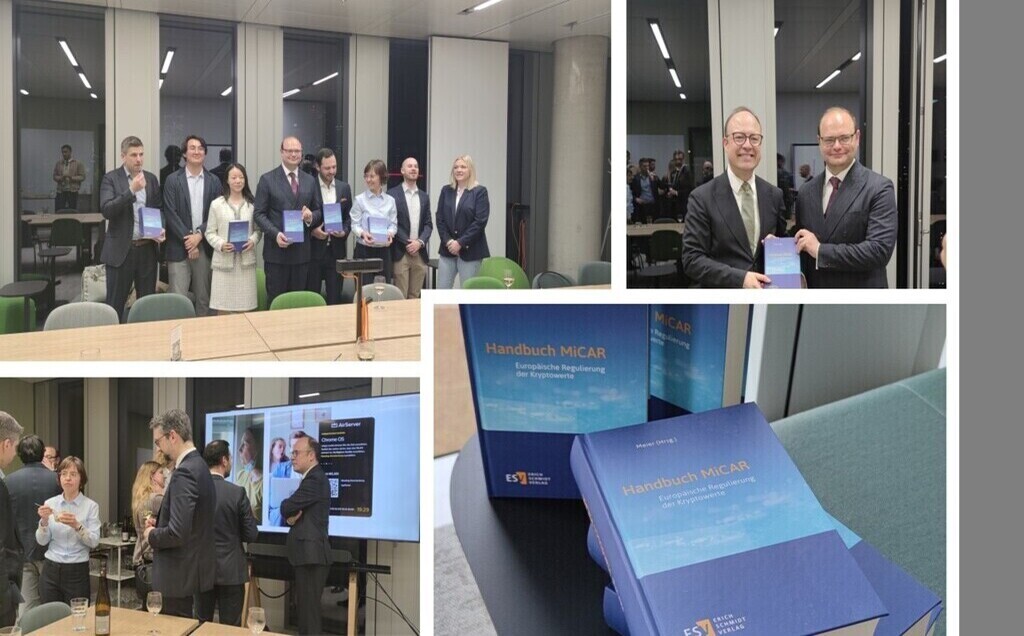has also already published several statements on the topics of AI and ML. In a series of blog posts, we intend to address currently known fields of application and briefly present the current state of regulation. The term artificial intelligence cannot be universally defined in this context. Rather, it encompasses a whole range of areas, from the simple further development of a program’s ability to analyze data and make it usable, to the partially or completely autonomous development of novel solutions. The potential fields of application are numerous. AI can be used, for example, for the compliance function of banks or other financial service providers. Artificial intelligence can also be used in asset management and lending. One of the best-known areas of application for algorithms and AI to date is probably securities trading.
Algorithmic Trading
Algorithmic trading is characterized by the fact that the inputs or changes of trading orders are based on AI. Depending on the design of the AI, it may be able to learn from the market and recognize patterns and then act accordingly and automatically. The decision-making process is generally much faster than that of a human trader. The increased trading speeds can in turn result in specific risks, such as for example flash crashes. German and European legislators have therefore issued specific regulations for algorithmic trading. Should an investment services company engage in trading in financial instruments in which a computer algorithm automatically determines the individual order parameters without merely forwarding orders, then the company must notify BaFin that it engages in algorithmic trading. Furthermore, in addition to the general regulatory obligations, the company is also subject to specific control and recording obligations.
Specific Control and Recording Obligations for Algorithmic Trading
Prior to the introduction or comprehensive update of an algorithmic trading system, it must be authorized on a trading venue. In order for this to occur, tests must be run to verify that the algorithm has no negative impact on market activity and behaves as intended. The securities trading firm must establish effective pre-trade controls such as price bands, maximum order values, maximum order volumes, notification limits, and market and credit risk limits. Real-time monitoring must be in place to prevent market disruptions and financial threats. A so-called “kill function” must also be provided. With this function, it should be possible to immediately cancel any order that has not yet been executed. The ex-post control to be established shall ensure that all trading activities are carried out in compliance with the legal requirements, in particular the Market Abuse Regulation.
Attorney Dr. Konrad Uhink
subscribe to Newsletter






